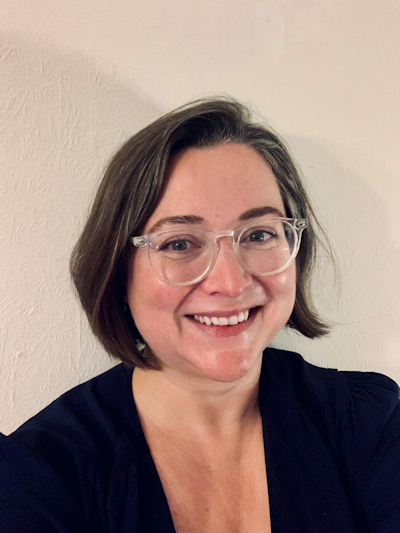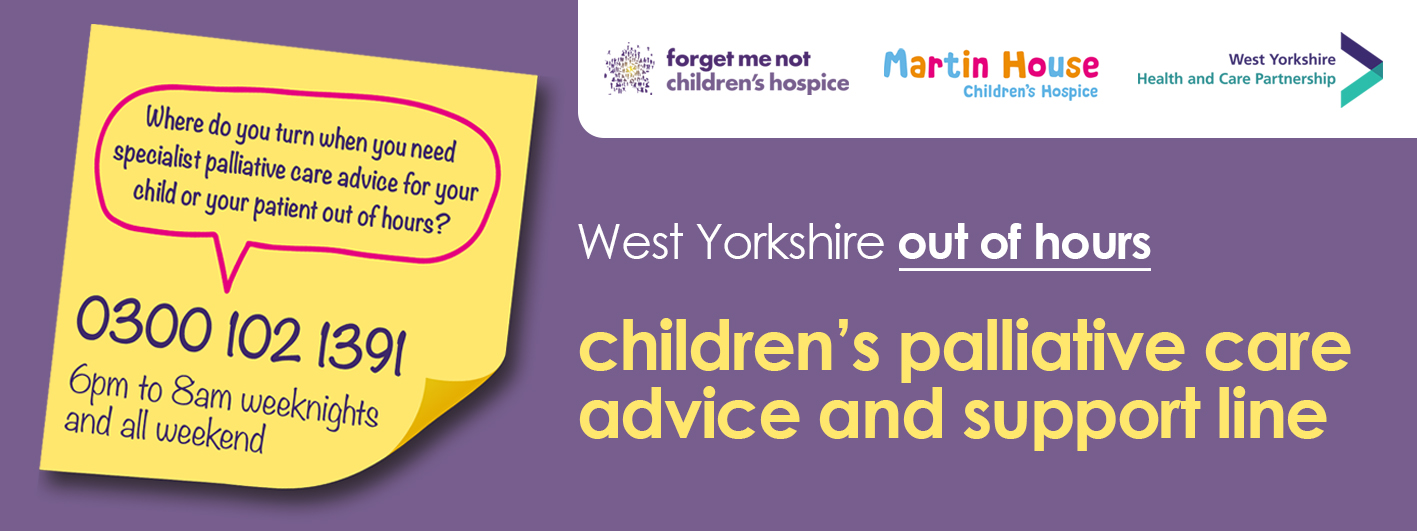 Hello, my name is Shelley and I am the Integrated Care Board’s (ICB) Programme Manager for Neurodiversity and Learning Disabilities.
Hello, my name is Shelley and I am the Integrated Care Board’s (ICB) Programme Manager for Neurodiversity and Learning Disabilities.
October is ADHD Awareness Month and autism and ADHD continue to be in the spotlight in the media whilst remaining a key priority for West Yorkshire.
Last week, the children’s commissioner published the report Waiting times for assessment and support for autism, ADHD and other neurodevelopmental conditions describing the ‘invisible crisis’ and how services have not been resourced to keep pace with the increasing need for assessment for children. We are also acutely aware of this in adult services too, regionally and nationally. In his report published in September, Lord Darzi also highlights the gap between need and capacity across the country for autism and ADHD. Both reports highlight the inequalities and the lack of support for those with the greatest need, requiring an integrated approach in early identification, support, assessment and treatment.
Providers are struggling with extreme demand for assessments. Leeds adult ADHD service has made the difficult decision to temporarily close its doors to new referrals and is working locally to develop a new vision for adult ADHD services. These are very challenging times that are felt across West Yorkshire and nationally, and we continue to work with the regional NHSE team and the national ADHD task force.
We are, however, making progress in the work we do together across West Yorkshire, and I am delighted to be able to share with you the next steps following the two neurodiversity summits we have held over the past year. It was fantastic to see so many engaged and passionate people in the room, whether that be as experts by experience or by profession.
The second summit gave us an opportunity to build on the shared vision of a neurodiverse friendly West Yorkshire partnership where we celebrate uniqueness and promote inclusion.
- We should work together on a cross-sector approach to offering early support and reasonable adjustments based on need
- West Yorkshire should explore consistency in screening and triage for autism and/or ADHD assessment pathways
- We should explore how digital solutions could make the assessment pathway more efficient.
The summits provided an opportunity for the collective voice of people with lived experience and people working in the system to share what the challenges and priorities are, many of which are aligned with the recommendations in the children’s commissioner report.
We know that neurodiversity is a challenging space to work in. I would like to thank everyone for their continued commitment in these challenging times, and for keeping the people who use these services at the heart of those discussions.
You can find out more about our programme work on our web pages.


 Hello! I'm Matt Spencer, the Integrated Stroke Delivery Network (ISDN) Manager for the West Yorkshire and Harrogate region. I've been in this position for the past two years, but I bring along 18 years of experience in the NHS, primarily in frontline clinical roles with the Yorkshire Ambulance Service (YAS), where I also led their clinical pathways team. The ISDN work programme has now been integrated into the
Hello! I'm Matt Spencer, the Integrated Stroke Delivery Network (ISDN) Manager for the West Yorkshire and Harrogate region. I've been in this position for the past two years, but I bring along 18 years of experience in the NHS, primarily in frontline clinical roles with the Yorkshire Ambulance Service (YAS), where I also led their clinical pathways team. The ISDN work programme has now been integrated into the  While we still need to learn more about Long Covid and other infection associated chronic conditions, much has been done since the start of the pandemic across the five West Yorkshire Long Covid services. The first
While we still need to learn more about Long Covid and other infection associated chronic conditions, much has been done since the start of the pandemic across the five West Yorkshire Long Covid services. The first  The Government has this week launched a national engagement with the public and staff to inform the development of the new 10-year plan which is due out next spring.
The Government has this week launched a national engagement with the public and staff to inform the development of the new 10-year plan which is due out next spring.
 On 15 October, the Royal Armouries in Leeds hosted a red carpet premiere for a series of trauma-informed mini-films organised by our Adversity, Trauma and Resilience Programme. The event celebrated the region’s efforts to address trauma and adversity in communities, with awards presented in categories like Resilience Champion and Leadership in Addressing Health Inequalities.
On 15 October, the Royal Armouries in Leeds hosted a red carpet premiere for a series of trauma-informed mini-films organised by our Adversity, Trauma and Resilience Programme. The event celebrated the region’s efforts to address trauma and adversity in communities, with awards presented in categories like Resilience Champion and Leadership in Addressing Health Inequalities. An event last week at Wakefield District Housing brought together around 30 Improving Population Health fellows alongside colleagues from NHS West Yorkshire Integreated Care Board (ICB) who work on our Partnership's Improving Population Health programme.
An event last week at Wakefield District Housing brought together around 30 Improving Population Health fellows alongside colleagues from NHS West Yorkshire Integreated Care Board (ICB) who work on our Partnership's Improving Population Health programme. Health Innovation Yorkshire & Humber has been convening activity in Yorkshire and the Humber to highlight the
Health Innovation Yorkshire & Humber has been convening activity in Yorkshire and the Humber to highlight the